Have you ever looked into those puppy-dog eyes begging for a bite of your dinner? Or a sniff of your snack? Or a lick of your ice-cream cone? It's hard to resist, right? Well, hold onto your hors d'oeuvres, my fellow dog parents, because we're about to take a wild, waggy tail ride into the world of 'People Foods Your Dog Shouldn't Sniff', let alone eat!
In our journey together, we're not just giving you a laundry list of 'NO-NOs.' Nope! We're diving deep into the whys and wherefores of doggy digestion, dishing the details on categories of canine culinary catastrophes, and serving up a slice of 'what-to-do' advice for those 'Oops! Fido ate my figgy pudding!' moments. Grab your doggo and a dog-safe donut, and let's dig in!

Why Are Some Foods Dangerous for Dogs?
As dedicated pet parents, we need to remember that our little (or not so little) furballs are not just shorter, hairier versions of us. They're a completely different species with a whole different digestive system. And that means certain foods that are totally harmless for us could spell disaster for them. Here's why:
- Different Digestive Systems: Dogs and humans have different enzymes and bacteria in their gut, affecting what they can digest and absorb. Some foods that are fine for us can wreak havoc in a dog's digestive tract.
- Size Matters: Our canine companions typically weigh a lot less than we do. Even a tiny amount of something toxic can have a much greater effect on their smaller bodies.
- Metabolic Rate: Dogs have a faster metabolic rate than humans, meaning toxins can spread through their system more quickly.
Dangerous Everyday Foods
Fruits and Vegetables
We often think that fruits and vegetables are universally healthy, but for dogs, that's not always the case. While many are safe, there's a significant number of fruits and vegetables that can be harmful to our four-legged friends:
- Avocado: Contains persin, a fungicidal toxin that can cause serious health problems — even death — in many animals.
- Grapes and Raisins: Even in small amounts, these can cause kidney failure in dogs.
- Onions and Garlic: These can cause gastrointestinal irritation and could lead to red blood cell damage and anemia.
- Cherries: The pits, stems, and leaves of cherries contain cyanide, which is poisonous and potentially lethal to dogs if consumed in large quantities.
- Mushrooms: While not all mushrooms are toxic, it's best to avoid them altogether as some types can be deadly.
- Apple Seeds: The casing of apple seeds are toxic to a dog as they contain a natural chemical (amygdlin) that releases cyanide when digested.
- Tomato Plants: While the ripe tomato is safe, the green parts of the plant contain solanine, a toxic substance that can cause tremors, seizures, and heart arrhythmias.
- Rhubarb Leaves: The leaves of the rhubarb plant contain oxalic acid, which can cause renal failure in dogs.
- Potato Plant (Green Parts and Eyes): These contain solanine, a substance that can cause various symptoms such as nausea, vomiting, and neurological effects like tremors and seizures.
- Apricot (Pit and Plant): These parts of the apricot can cause cyanide poisoning in dogs.

Cooking Ingredients and Spices
Dogs aren’t built to process most of the stuff we put in our recipes. Here are some items you should keep away from your dog's reach:
- Salt: Excessive salt intake can lead to salt poisoning, which manifests as vomiting, diarrhea, high body temperature, and seizures. In severe cases, it can be fatal.
- Nutmeg: This spice can cause severe abdominal pain, hallucinations, increased heart rate, dry mouth, and seizures.
- Baking Powder & Baking Soda: Both can lead to electrolyte imbalances and muscle spasms. In large quantities, they can lead to congestive heart failure.
- Xylitol: Found in many sugar-free products, xylitol can cause rapid insulin release leading to hypoglycemia (low blood sugar), liver failure, seizures, and can be life-threatening.
- Garlic, Onions, Leeks, and Chives: These belong to the Allium family and can cause oxidative damage to red blood cells, leading to anemia. Symptoms can include weakness, lethargy, pale gums, faster breathing, and even collapse.
- Cocoa Powder (Chocolate): It contains theobromine and caffeine, which can cause theobromine poisoning. This leads to restlessness, excessive thirst, a rapid heart rate, and in severe cases, seizures and death.
- Vanilla Extract: It contains alcohol, which is harmful to dogs. Alcohol leads to alcohol toxicity, causing symptoms such as dizziness, high body temperature, restlessness, excessive panting, and seizures.
- Yeast Dough: Yeast can cause the dough to expand in your dog's stomach or intestines, producing gas in the digestive system, leading to severe pain and a potentially ruptured stomach or intestinal tract.
- Artificial Sweeteners: Aspartame, commonly found in diet foods, can be harmful to dogs. Although it’s not as dangerous as xylitol, it can still cause problems.
- Chili Powder: This spice can cause a burning sensation in your dog’s digestive system leading to symptoms like diarrhea and vomiting.
- Mustard Seeds: They can induce vomiting in dogs and, if consumed in large quantities, can cause gastric upset.

Dairy Products and Nuts
If you thought that only a lactose-intolerant human could have issues with dairy, think again! Here are some dairy products and nuts you should avoid feeding your dog:
- Milk and Milk-based Products: Dogs do not possess significant amounts of lactase (the enzyme that breaks down lactose in milk), milk and other milk-based products can cause them diarrhea or other digestive upset.
- Cheese: High in fat and can cause pancreatitis in dogs. Some dogs can also be lactose intolerant, just like humans.
- Ice Cream: While you might want to share your favorite summer treat with your pup, remember that ice cream contains sugar and dairy, which can lead to digestive troubles for your dog, including diarrhea and food allergies.
- Macadamia Nuts: These are some of the most poisonous foods for dogs. Even small amounts can lead to symptoms like muscle shakes, vomiting, high temperature, and weakness in their back legs.
- Almonds: While not as toxic as some nuts, almonds can block the esophagus or even tear the windpipe if not chewed completely. Salted almonds are especially dangerous because they can increase water retention, which is potentially fatal to dogs prone to heart disease.
- Walnuts: Walnuts can cause gastric intestinal upset or an obstruction in your dog's body. Moldy walnuts can contain tremorgenic mycotoxins produced by fungi, which can cause seizures or neurological symptoms.
- Pistachios: These nuts are rich in fat and can cause your dog to develop an upset stomach. In addition, regular ingestion can lead to pancreatitis.
- Pecans: Just like walnuts, moldy pecans can contain tremorgenic mycotoxins which can cause seizures or neurological symptoms. Regular, non-moldy pecans can cause gastric intestinal upset or an obstruction.
- Cashews: If they're unsalted, a few cashews make a nice treat. However, eating them regularly can cause weight gain and other health problems.
- Chia Seeds: Chia seeds absorb liquid and can swell up in your pet's digestive tract, causing a blockage. They also can get stuck in your dog's teeth.
Dairy products and nuts may seem harmless, but they can be a serious problem for your pet. Always be cautious when it comes to what you're feeding your pup. In our next section, we'll dive into more surprising culprits you might not have considered. Stay tuned!

Beverages
As we humans enjoy a broad range of beverages, it can be tempting to share a sip with our beloved dogs. However, several common drinks can cause serious harm to your furry friends:
- Alcohol: Alcoholic beverages and food products containing alcohol can cause vomiting, diarrhea, decreased coordination, central nervous system depression, difficulty breathing, tremors, abnormal blood acidity, coma, and even death.
- Coffee, Tea, and Other Caffeine: These contain caffeine, methylxanthines, and theobromine, all of which are very harmful to a dog. They can cause vomiting and diarrhea, panting, excessive thirst and urination, hyperactivity, abnormal heart rhythm, tremors, seizures, and even death.
- Milk and Dairy: As mentioned before, due to their inability to break down lactose, milk and milk-based products can cause dogs diarrhea or other digestive upset.
- Citrus: The stems, leaves, peels, fruit, and seeds of citrus plants contain varying amounts of citric acid, which can cause central nervous system depression if ingested in significant amounts.
- Coconut Water: Coconut water is high in potassium and is not recommended for dogs as it may lead to hyperkalemia, or high levels of potassium in your dog's blood, which can lead to various health complications.
- Grapes Juice: The toxic substance in grapes and raisins is unknown, but these fruits can cause kidney failure in dogs.
- Energy Drinks: These drinks are dangerous because they contain high levels of caffeine and other stimulants, like guarana, which can be harmful to dogs and lead to serious health issues.
- Sugary Drinks and Sodas: High sugar content can lead to the same problems in dogs that it does in humans: obesity, dental health issues, and even diabetes.
- Almond Milk: Almond milk itself isn't dangerous to dogs (unless it's sweetened), but almonds can be hard for dogs to digest, potentially leading to gastrointestinal blockages.
- Raw Eggs: While not a drink, some people mix raw eggs into their dog's food or drink. This is a risk because raw eggs may carry Salmonella or E. coli, and the enzyme avidin in egg whites can interfere with the absorption of the B vitamin biotin, leading to skin and coat problems.
When it comes to beverages, it's best to stick with plain, fresh water for your pup. It's the perfect hydrating solution, and it's free of any potentially harmful substances. In our next section, we'll take a look at various fruits and vegetables that are off-limits for dogs. Keep reading to find out more!

Meats and Proteins:
Even though dogs love meat, some forms can be harmful:
- Raw Meat and Fish: Can contain bacteria that causes food poisoning.
- Bones: Can splinter and obstruct or lacerate your dog's digestive system.
- Liver: Large amounts can cause vitamin A toxicity, leading to bone problems.
- Fatty Foods: Can cause pancreatitis.
- Processed Meats: These can contain harmful ingredients and high levels of salt.
- Canned Tuna: High levels of mercury can be harmful to dogs.
- Raw Pork: Can contain a parasite that causes trichinosis, a disease that can be fatal in dogs.
- Uncooked Poultry Bones: Can splinter and cause blockages or lacerations in the digestive system.
Always remember to research if a certain type of food is safe before you give it to your dog, or when in doubt, ask your vet!
Safe Foods To Share With Your Dog
Fruits and Vegetables:
Fresh produce can be a pleasant surprise for your dog. Here are some dog-safe options:
- Apples: A fantastic source of vitamins A and C, as well as fiber. Just avoid the seeds and core!
- Blueberries: Packed with antioxidants, fiber, and phytochemicals.
- Carrots: Low in calories and high in fiber and vitamins.
- Bananas: A good source of potassium, but high in sugar, so give them sparingly.
- Cucumbers: Great low-calorie snack for overweight dogs.
- Pumpkin: Packed with fiber and vitamin A, good for digestion.
- Sweet Potatoes: Rich in dietary fiber, vitamin B6, vitamin C, and beta carotene.
- Watermelon: Hydrating and full of vitamins A, B6, and C, but remember to remove seeds and rind.
Beverages:
While many beverages are a no-go, there's one that's always dog-friendly:
- Water: The universal solvent, it's vital for your dog, especially in hot weather or after exercise.
- Bone Broth: Nutrient-rich and great for digestion, but be sure it's low sodium and doesn't contain onions.
Baked Goods:
Though sweets are generally off-limits, some baked treats are okay:
- Plain Rice Cakes: Low in fat and calories, these make for a light and crunchy dog treat.
- Whole Wheat Bread: It's okay in moderation, but it doesn't provide much nutrition for dogs.
- Homemade Dog Cookies: Make your own dog-friendly cookies with dog-safe ingredients like pumpkin and peanut butter.
Nuts and Seeds:
Most nuts are too high in fat for dogs, but seeds can be a nutritious snack:
- Pumpkin Seeds: A great source of fiber and can even help with deworming when ground and given at regular intervals.
- Sunflower Seeds: A source of linoleic acid, an essential fatty acid that's good for your dog's coat. But they should always be shelled and unsalted.

Meats and Proteins:
Many dogs are protein-powered, and these are perfectly safe for them:
- Chicken: A great source of protein. Always serve cooked and boneless.
- Fish: Salmon and tuna are rich in omega-3 fatty acids, promoting a healthy coat and skin. Always serve cooked and boneless.
- Turkey: Rich in nutrients like protein and riboflavin, but ensure it's cooked and avoid seasoning.
- Eggs: Packed with protein, riboflavin, and selenium, eggs are good for dogs when fully cooked.
- Peanut Butter: Full of protein, healthy fats, and vitamins B and E. Ensure it doesn't contain the sweetener xylitol.
Remember, even 'safe' foods should be introduced gradually and served in moderation. Always observe your dog after introducing new foods to their diet to watch for any adverse reactions.
Check this out If you'd like to learn more about people food you can share safely with your dog

Keeping Your Dog's Diet Safe
You know your furry friend better than anyone. So, if you notice any changes in behavior, it's up to you to investigate further. From 'seemingly harmless' foods to toxic no-no's, the list we've just covered paints a clear picture of what should never find its way to your pup's food bowl.
It may feel like a daunting task, but the truth is, being aware and cautious about your dog's diet will not only save you a visit to the vet but will also ensure a healthier and happier life for your pawed pal.
At WoofCrate, we understand that your dog is part of your family. That's why we're committed to providing only the highest quality, safest products for your pup. All our treats are Canadian-made, single ingredient, and free from any additives or preservatives. So, you can feel confident in giving your furry friend the best!
Remember, if you suspect your pet has eaten any of the foods listed above, contact your vet immediately. They can advise you on the next steps and provide treatment if necessary.
Stay pawsitive, keep those tails wagging, and always keep an eye on your dog's snack time! Happy safe snacking, everyone!
Frequently Asked Questions
1. Can dogs eat people food? Yes, dogs can eat some people foods, but it's important to distinguish which ones are safe. Many foods that are harmless or even healthy for humans can be dangerous or deadly for dogs. When in doubt, stick to dog-specific food and treats.
2. What human foods are toxic to dogs? Several human foods are toxic to dogs, including chocolate, caffeine, alcohol, grapes, raisins, onions, garlic, certain artificial sweeteners (like xylitol), and some fruit seeds and pits. Always consult with your vet if you're unsure about a specific food.
3. What should I do if my dog eats something harmful? If your dog eats something harmful, immediately contact your veterinarian or a pet poison control center. Be ready to provide information about your dog (weight, breed, age), the substance they consumed, the amount, and any symptoms they're showing.
4. Are any fruits and vegetables bad for dogs? Yes, some fruits and vegetables can be harmful to dogs. Grapes, raisins, onions, garlic, avocados, raw potatoes, and the seeds and pits of certain fruits can all pose health risks. Always do your research or consult a vet before sharing fruits or vegetables with your dog.
5. Can dogs eat raw meat or fish? While some people advocate for a raw diet for dogs, it's important to be aware that raw meat or fish can carry harmful bacteria like Salmonella or E. coli. Additionally, certain types of raw fish can cause "fish disease" or "salmon poisoning disease" in dogs. Always consult your vet before making significant changes to your dog's diet.
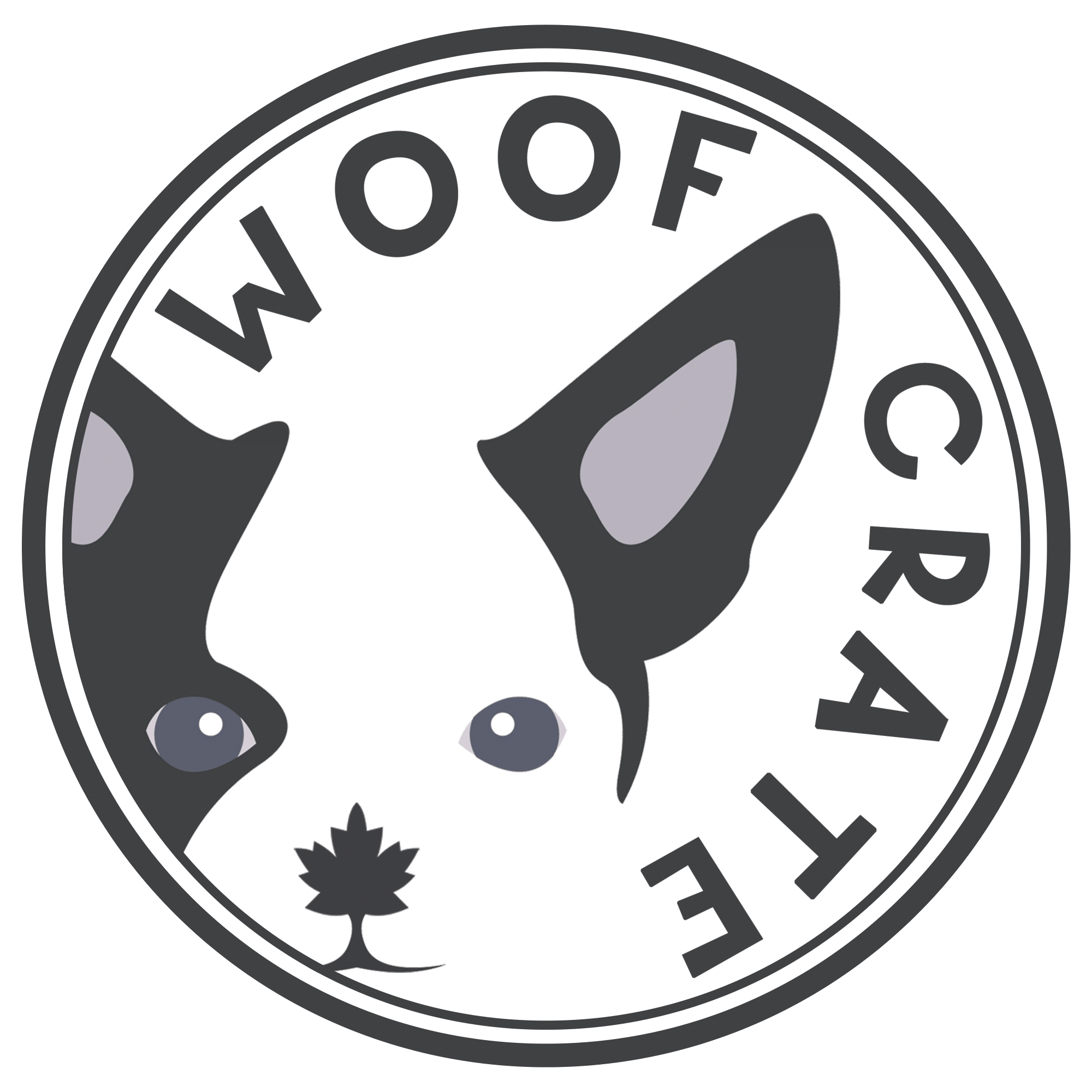
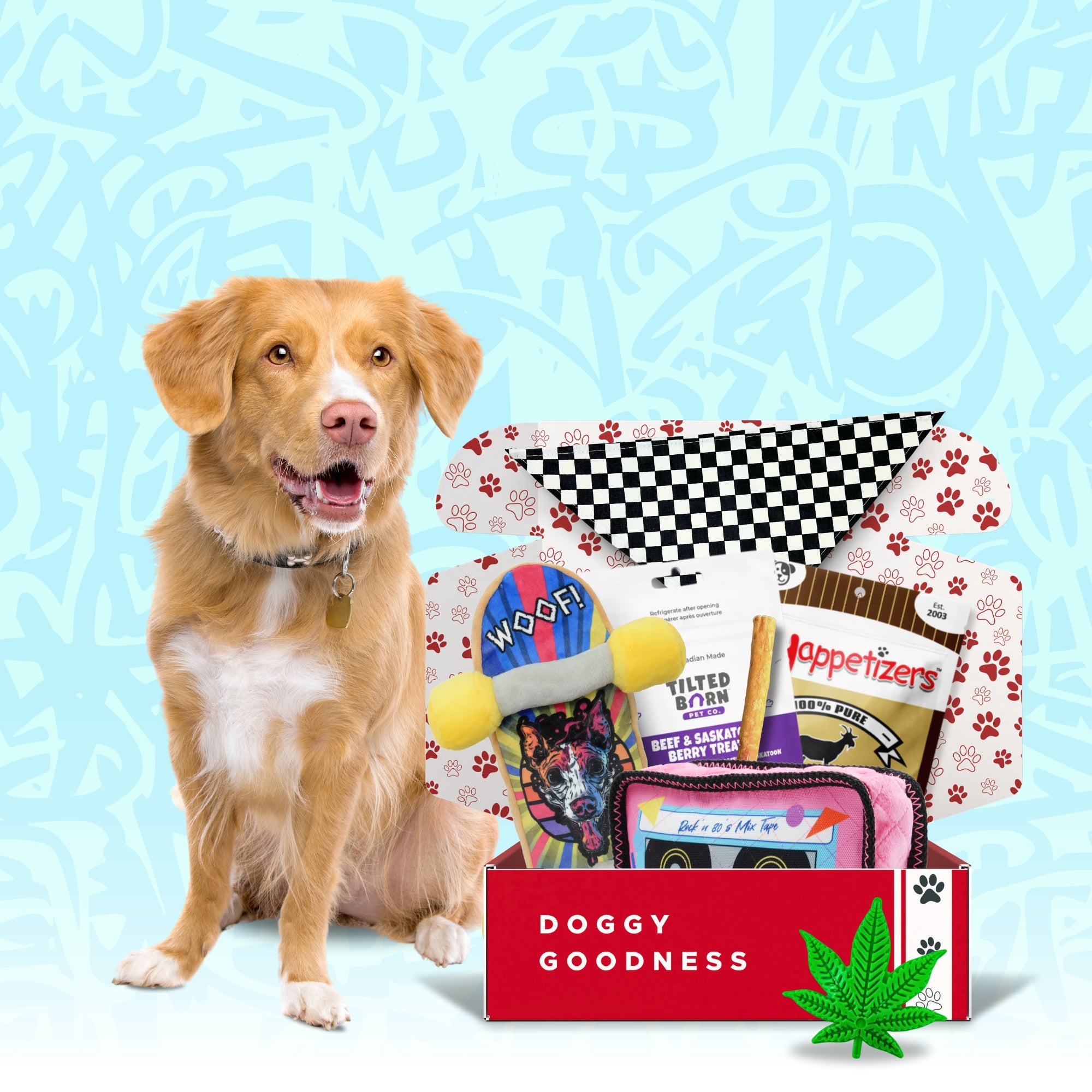
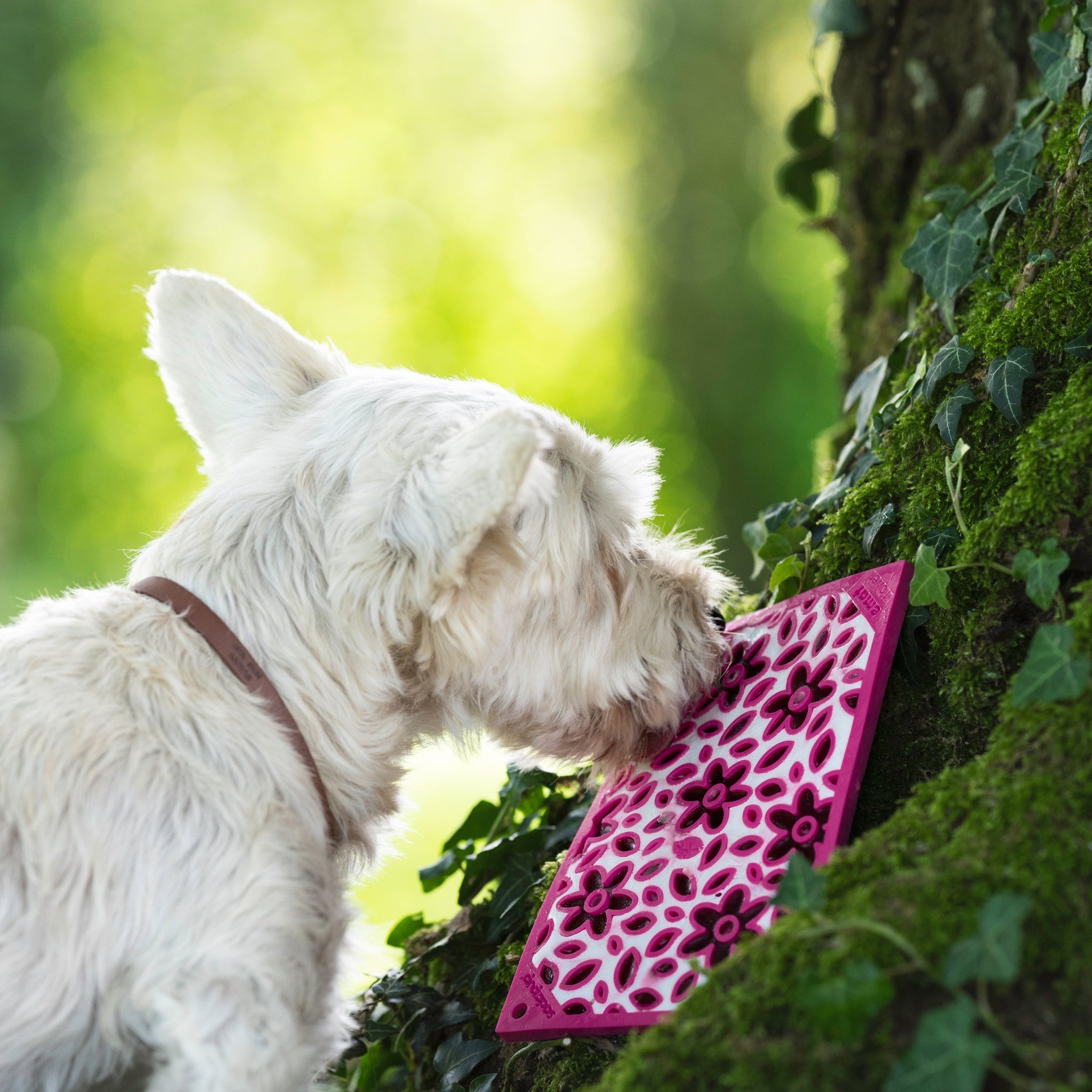
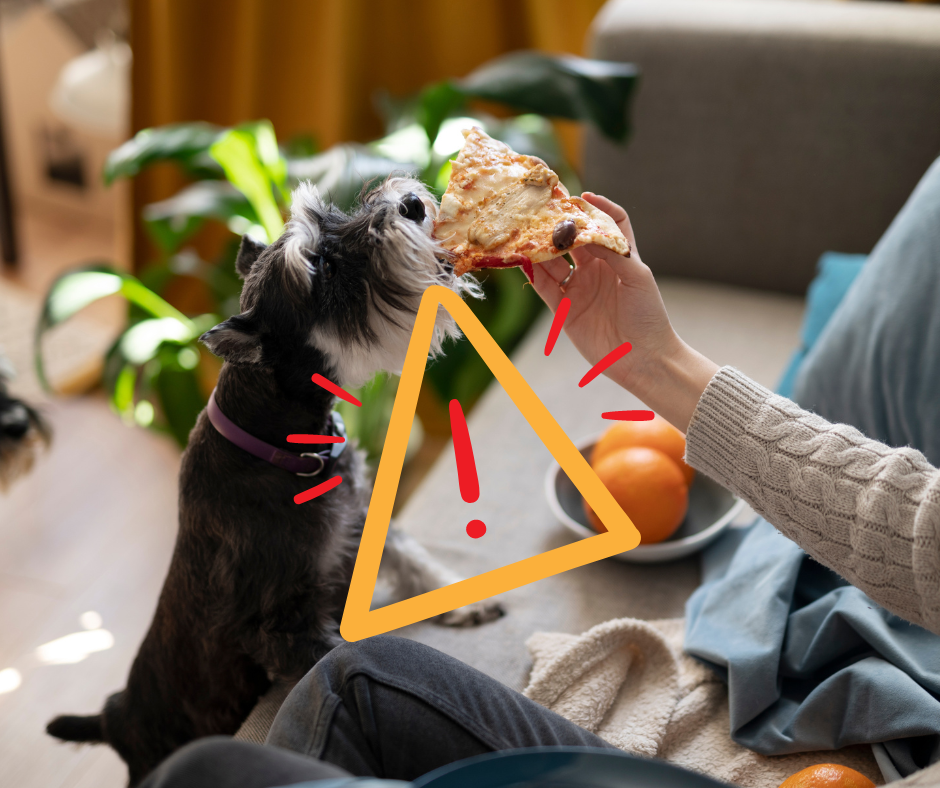


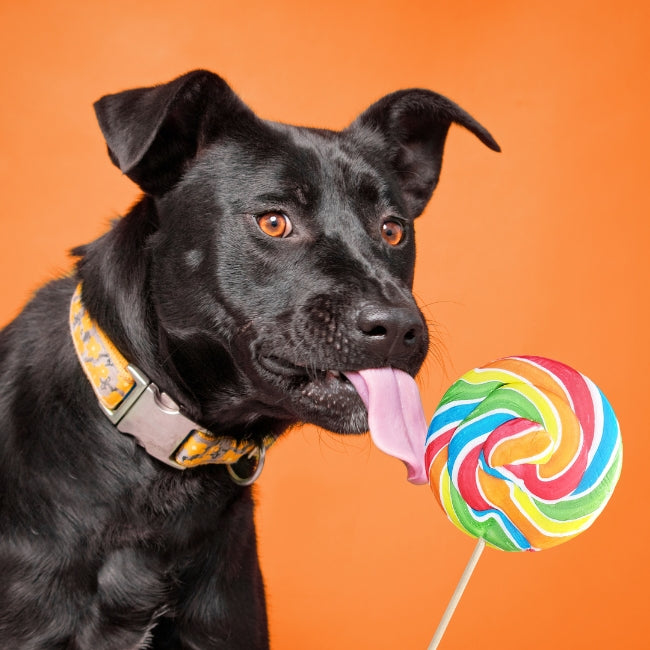
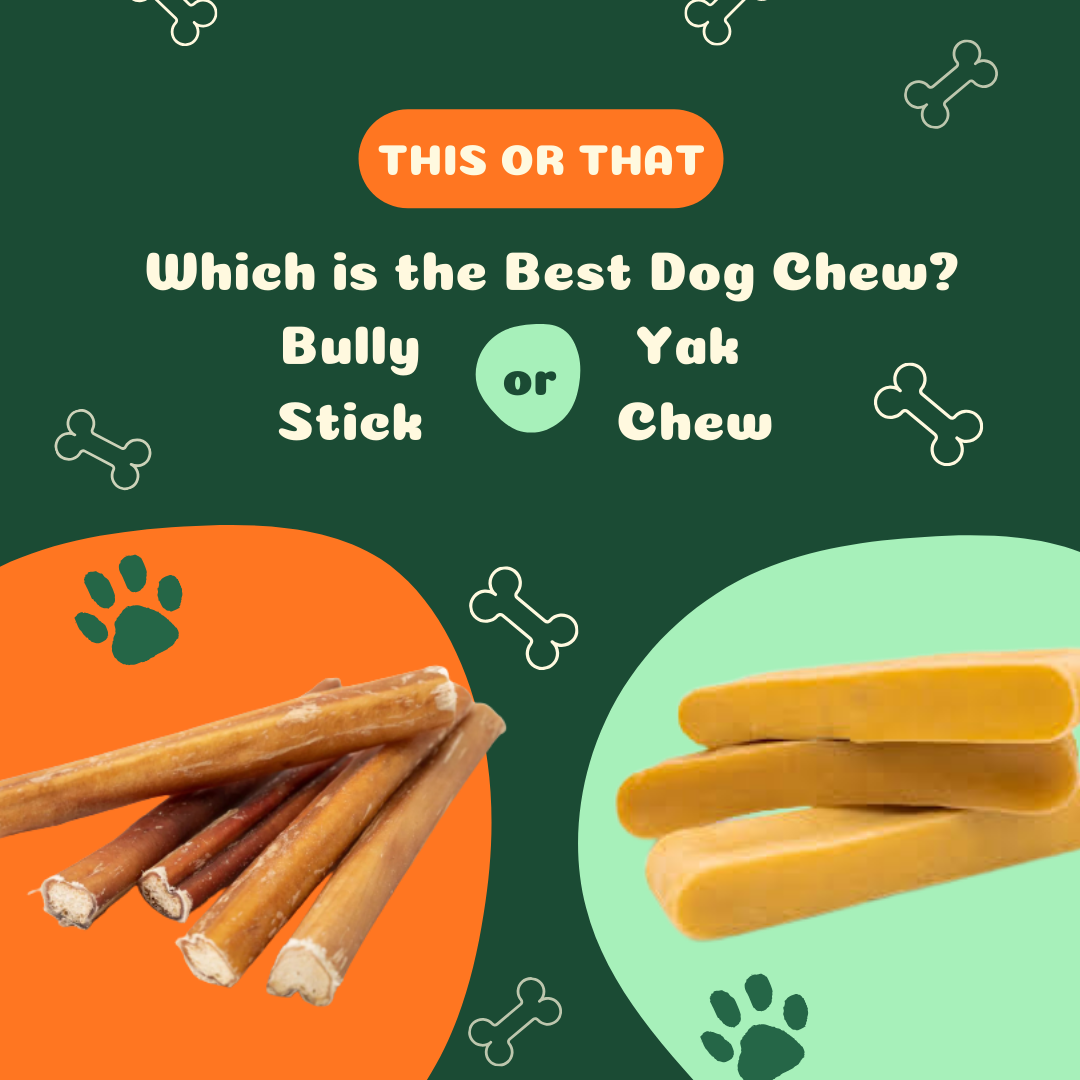
Leave a comment
All comments are moderated before being published.
This site is protected by hCaptcha and the hCaptcha Privacy Policy and Terms of Service apply.